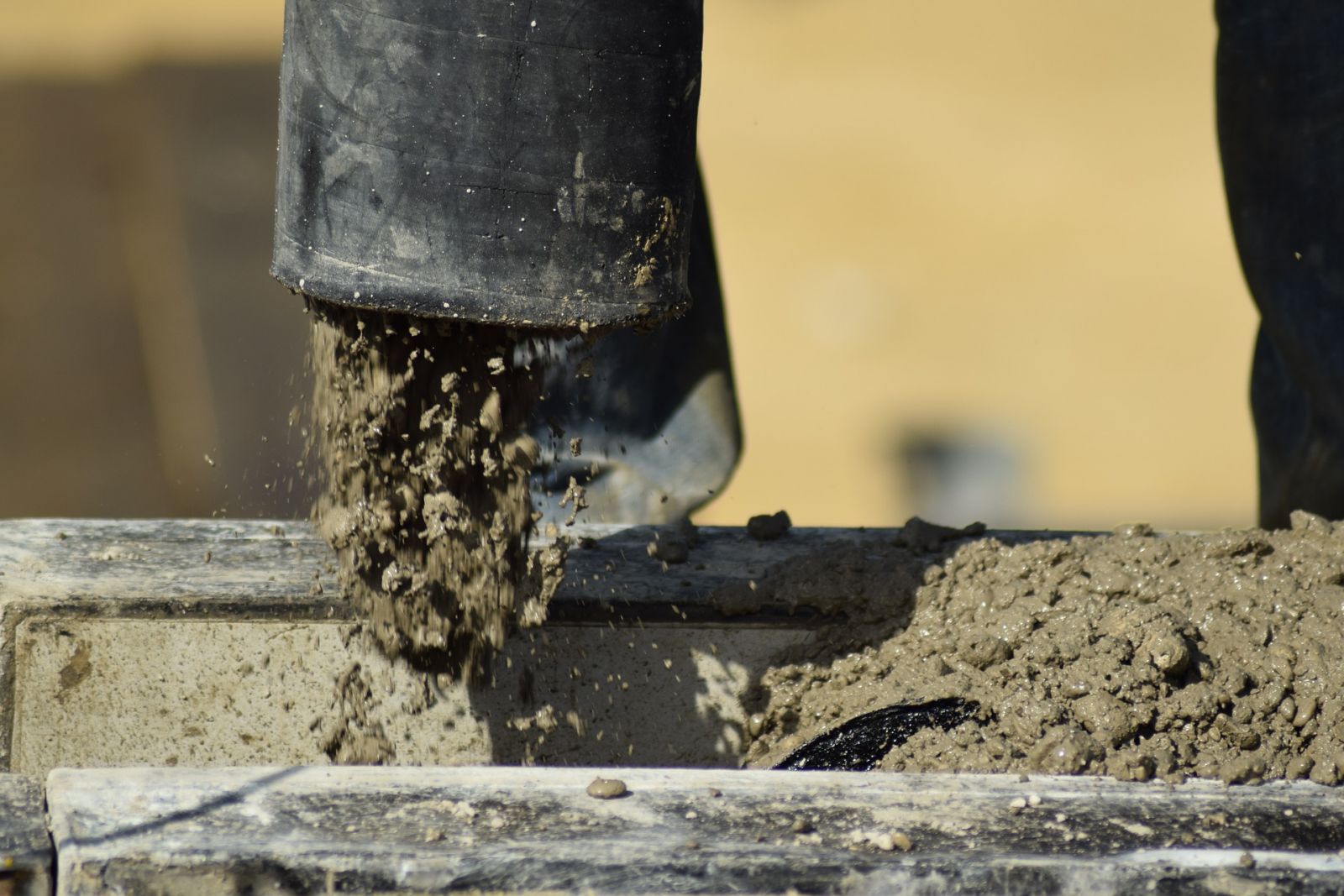
Do you want to know more about concrete density?
As you all know, concrete is the most used material in the construction sector. First, because of its ease of use, because the cost is not very high, and also because of its resistance and insulation. For this reason, in today"s article we want to talk to you about the concrete density, and the types that can appear depending on this characteristic.
We are therefore talking about a specific and quite simple composition, which has important characteristics such as density or consistency, which will directly influence its degree of resistance to factors such as weight, friction or abrasion.
On the other hand, we want to emphasize that the concrete density ywill depend directly on the components with which it has been made (normally sand, water and cement, mixed with a more arid component such as gravel, limestone, etc.). And it is that all the ingredients that we use in its elaboration, can modify its properties, in terms of resistance, texture, shape…

How much does concrete weigh per m3?
Delving a little deeper into this aspect, the density of concrete is known as the weight that this material has in unit volume. And this is measured in m³ or cubic meters.
And, the density will differ depending on the amount of cement and aggregates that the mix contains. In addition to the size and the water that has been used.
So, as we can see, it will depend on various factors, but as an example we can say that a typical mixture in construction, concrete has a density that ranges from 2,200 – 2,400 kg/m3.
Types of concrete
Depending on the density, we can highlight some of the following types of concrete:
- Light: ideal in constructions that do not require great resistance (partitions or facades, for example). In this case we are talking about 200kg/m3 up to 1500kg/m3.
- Rammed: we are talking about a density of 2,000 kg/m3 up to 2,200 kg/m3.
- Vibrated: density equivalent to 2300kg/m³ and 2400kg/m3.
- Centrifuged: density equivalent to 2400kg/m³ and 2500kg/m3.
- Projected: degree of density between 2500kg/m3 and 2600kg/m3.
- Ordinary: it is a mixture with a density level of 2000 kg/m3 up to 4000 kg/m³.
- Heavy: the heaviest that exists, with a density that can reach 4000kg/m3.

What are the advantages of high concrete density ?
As manufacturers of concrete block machines, we are always aware of these kinds of advantages. Thus, we want to highlight some of the most characteristic:
- Low maintenance
- Economic
- High level of resistance to climatic and external factors. Like heat, fire, cold...
- Great durability of the structure
- It tolerates weather conditions and changes in temperature, humidity…
- Make construction work easier
- Adapts to different shapes
- The risks of suffering deformations are eliminated.
If you want to set up a Concrete Batching Plant, need a concrete block finishing machine, or need a block machine, do not hesitate to contact us.

